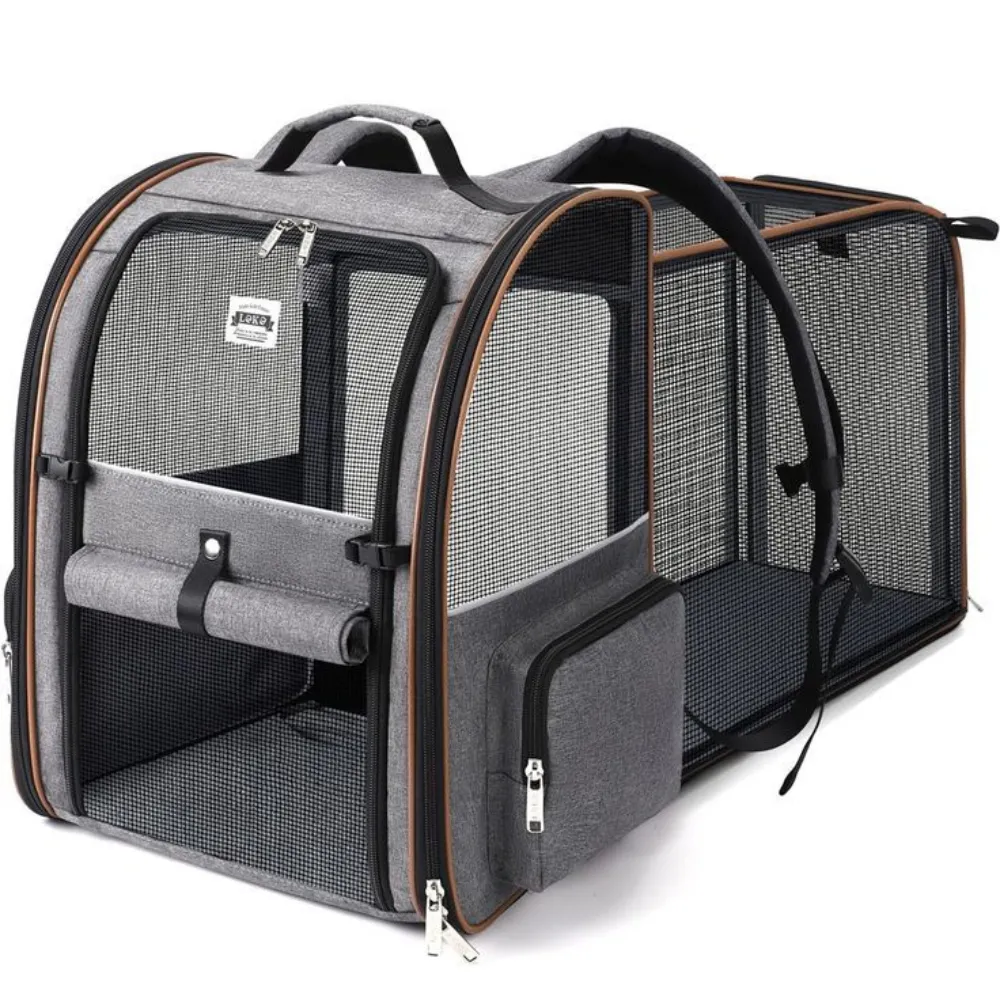The Ultimate Guide to Dog Bags: Everything Pet Owners Need to Know
- July 22, 2025
- 0
What is a dog bag, and Why Every Pet Owner Needs One A dog bag is an essential accessory that every responsible pet owner should carry during walks
What is a dog bag, and Why Every Pet Owner Needs One A dog bag is an essential accessory that every responsible pet owner should carry during walks

A dog bag is an essential accessory that every responsible pet owner should carry during walks and outdoor adventures with their furry companion. These specially designed bags serve multiple purposes, from carrying treats and toys to storing waste cleanup supplies and emergency items. Unlike regular bags, a bag is crafted with pet-specific features that make dog walking more convenient and organized.
The importance of having a dedicated dog bag cannot be overstated. When you’re out with your pet, you need quick access to various items without fumbling through a regular purse or backpack. A well-designed bag keeps everything you need within easy reach while maintaining a hands-free walking experience.

The most common type of dog bag is designed for waste cleanup. These biodegradable or standard plastic bags are lightweight, tear-resistant, and often come with dispensers that attach to leashes or belt loops. Many pet stores offer scented options to help mask odors during transport to disposal bins.
Training-focused dog bag options feature multiple compartments for different types of treats, clickers, and training tools. These bags typically have magnetic or Velcro closures for quick access during training sessions. The design allows trainers to reward good behavior instantly without interrupting the learning process.
For hiking and long walks, a comprehensive dog bag includes space for water bottles, collapsible bowls, first aid supplies, and emergency contact information. These larger bags often feature padded straps and weather-resistant materials to handle outdoor conditions.
A quality dog bag should be made from durable, easy-to-clean materials that can withstand daily use. Look for reinforced stitching, waterproof or water-resistant fabrics, and zippers that won’t break under pressure. Nylon and canvas are popular choices that balance durability with lightweight portability.
The right dog bag size depends on your dog’s needs and your walking routine. For short neighborhood walks, a compact bag that holds waste bags and a few treats is sufficient. However, longer adventures require larger capacity bags with multiple compartments for various supplies.
Modern dog bag designs prioritize convenience with hands-free carrying options. Belt clips, crossbody straps, and attachable dispensers allow pet owners to keep their hands free for controlling the leash and interacting with their dog. Some innovative designs integrate directly into retractable leash handles.
Your typical walking routine determines the type of bag you need. Daily neighborhood walks require different supplies than weekend hiking trips. Consider the duration, terrain, and activities you typically engage in with your pet when selecting a dog bag.
Larger dogs often require more waste bags and bigger treats, which means you’ll need a bag with greater capacity. Smaller dogs might need less storage space, allowing for a more compact bag design that doesn’t add unnecessary bulk to your walking gear.
Bag prices range from basic disposable options to premium leather accessories. While expensive doesn’t always mean better, investing in a quality bag that will last years often proves more economical than repeatedly replacing cheap alternatives.
Regular cleaning keeps your dog bag hygienic and extends its lifespan. Most fabric bags are machine washable, while leather options require specialized cleaners. After each use, wipe down surfaces that may have contacted waste or dirt.
Even the best bag will show wear over time. Replace worn straps, broken zippers, or damaged compartments promptly to maintain functionality. Many manufacturers offer replacement parts for premium bag models.
Environmental consciousness has led to increased availability of biodegradable bag options. These bags break down naturally over time, reducing environmental impact compared to traditional plastic alternatives. However, proper disposal in appropriate facilities remains important.
While disposable dog bag options offer convenience, reusable alternatives reduce waste generation. Some pet owners prefer washable cloth bags with removable liners, combining environmental responsibility with practical functionality.
Modern bag designs incorporate technology features like LED lights for early morning or evening walks, GPS tracking for the bag itself, and even smartphone integration for training apps. These innovations enhance the walking experience while maintaining core functionality.
Families with multiple dogs often need specialized bag designs that accommodate different-sized pets and varying needs. Larger capacity bags with multiple compartments help organize supplies for each pet separately.
Weather conditions affect dog bag requirements. Summer walks might require extra water storage, while winter conditions demand different supplies. Some bag models feature seasonal adaptation capabilities or interchangeable components for year-round use.